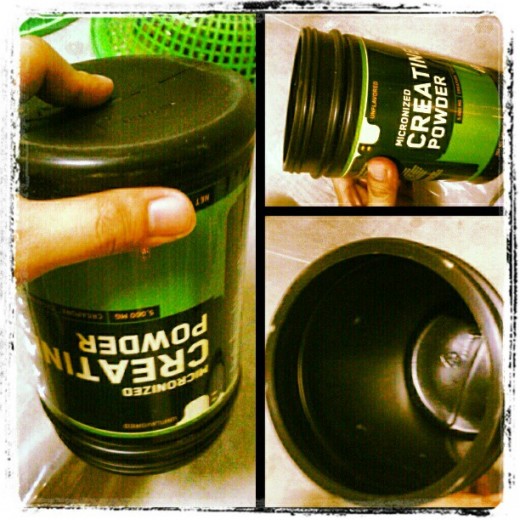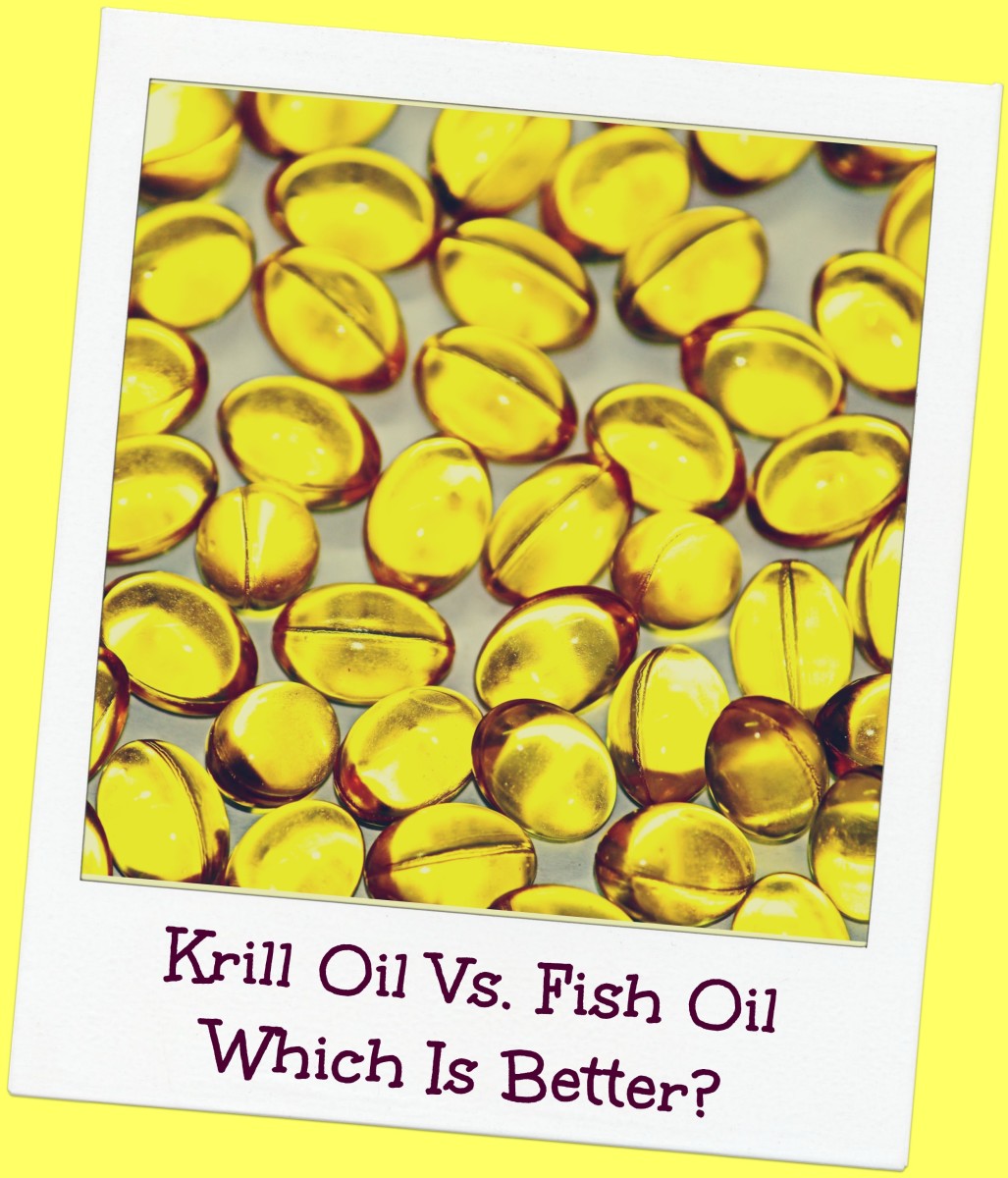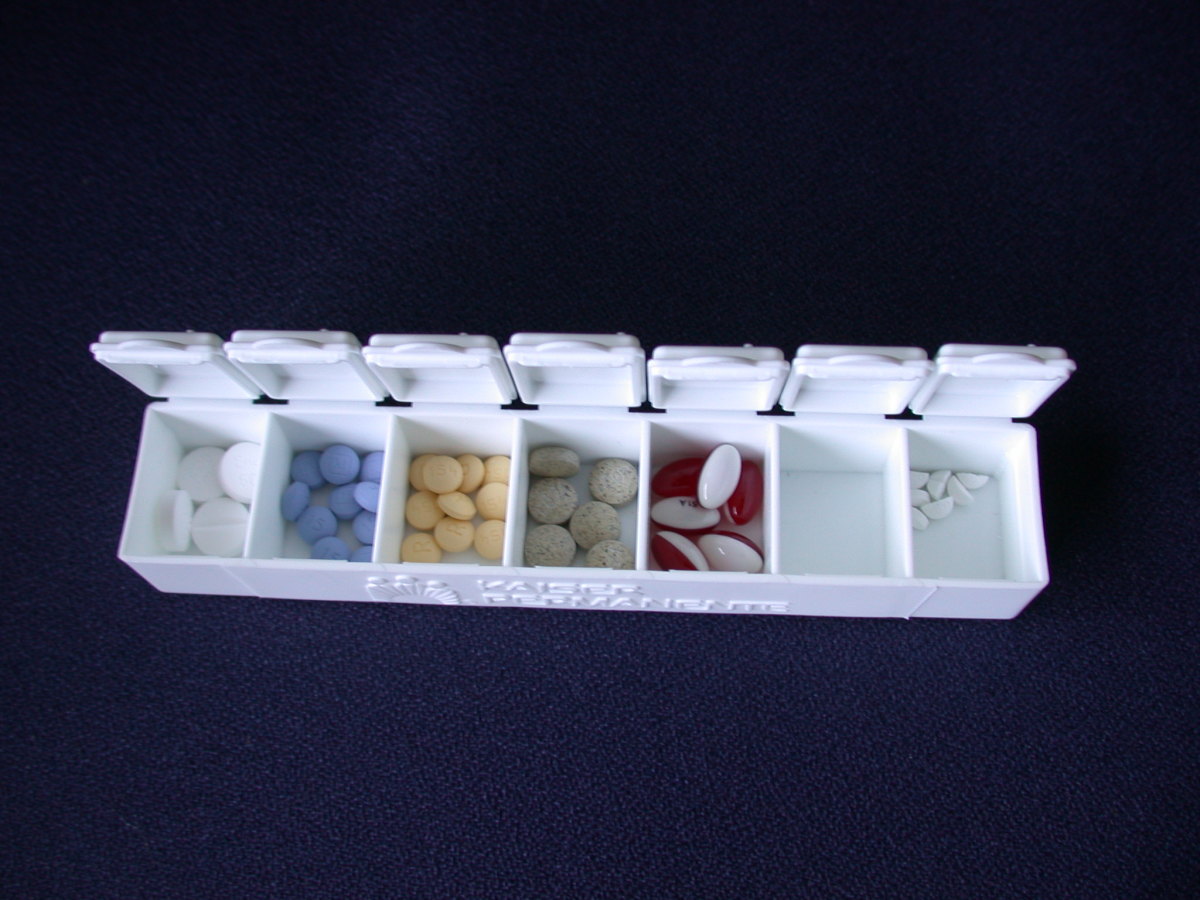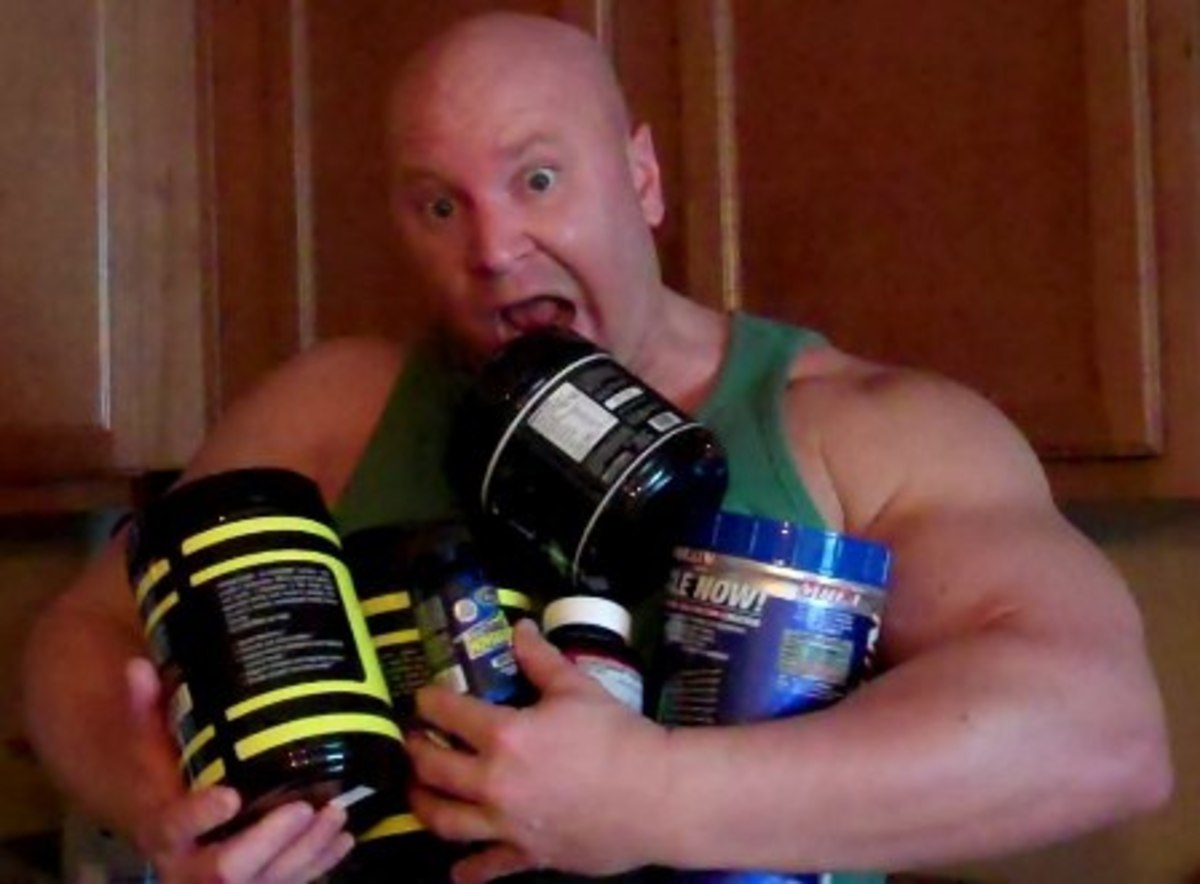How to Use Creatine for Maximum Gains
What is Creatine?
Creatine is a popular supplement which is used to improve strength and general exercise performance. Studies show that it can help to improve muscle mass, increase your lifts, and improve performance in many different kinds of exercise. There is even evidence to suggest that creatine has a neuroprotective effect.
If you visit any health food store or supplement store you will find yourself surrounded by shelves upon shelves of supplements, and it can be hard to decide which ones to buy. While some supplements are arguably a waste of money, creatine is one of the few that is affordable, effective, and has a large evidence base supporting it.
Creatine is a substance which is used by your muscles to produce energy when they are under heavy exertion. In a lot of ways, it is similar to amino acids. Indeed, the body can make its own supply of creatine using the amino acids arginine and glycine.
Our bodies will naturally store some creatine, and the amount of creatine that we store is affected by several factors, including how much testosterone we have, our IGF-1 levels, the amount of muscle mass we carry, how much we exercise, and how much meat we eat. Most of the creatine that we store in our bodies is held in the form of phosphocreatine in the muscles, while a small amount is kept in the kidneys, liver, and brain.
Creatine supplements increase the amount of phosphocreatine in the muscles.

What Are the Benefits of Creatine?
Athletes take creatine for a number of reasons. The benefits of creatine include:
- More energy: Creatine helps your cells form ATP, which is used to fuel your muscles during exercise.
- Better muscle growth: Creatine can help to raise IGF-1 levels, promoting muscle growth
- Better muscle definition: Creatine supplementation can increase the water levels in your muscles, making them look bigger.
- Better athletic performance and faster recovery: Studies show that people who supplement creatine enjoy better exercise performance as well as better recovery.
- Improved brain function: Some recent studies suggest that creatine can help with memory and recall.
How Does Creatine Work?
Your cells produce energy through a process called the Krebs cycle, which takes the energy in the carbohydrates (or proteins and fats) that we consume, and converts them into ATP. We need ATP for everything we do, but it is particularly important for intense exercise and for heavy lifting.
Creatine helps us to produce ATP more quickly, and it also encourages the body to store more water in muscle cells. This isn't just useful for making muscles look bigger, it can also help the muscles to grow too.
Normally, our ATP is depleted after just 8-10 seconds of activity. Supplementing creatine helps us to produce more ATP, which means that we can maintain that 'maximum effort' for longer durations.
It's also thought that creatine can reduce the body's tendency to break down protein from muscle cells when it needs energy. By having the body preferentially turn to other energy sources, this protects the muscle we do have, supporting future growth.
This means that if you are an athlete that does a lot of intensive exercise, creatine can protect you from the risks of overtraining and support long term strength gains and muscle growth.

What Are the Side Effects of Creatine?
While Creatine is generally considered to be safe, some people do experience some side effects, including:
- Weight gain
- Bloating
- Gastric distress
- Kidney stones
- Muscle cramps
There have been some horror stories of people suffering from more serious issues, including serious renal function problems, however a long term study which examined athletes who took creatine supplements for prolonged periods (up to five years of supplementation in some cases) found no evidence of adverse effects on the health of their kidneys.
In most cases, any weight gain is due to the additional water being held in the muscles, and this is true for bloating as well. Some people find using micronized creatine reduces the bloating. Drinking lots of water will help with cramps, water retention and other side effects.
If you are generally healthy, creatine is unlikely to cause any issues for you. However, you should always consult a doctor before starting to take any supplement, including creatine. If you are pregnant, breastfeeding, diabetic or otherwise struggling with health issues then you should seek professional medical advice before you make any major changes to your diet or lifestyle.
What if I Gain Weight on Creatine?
If you do notice that you gain weight while taking creatine, don't worry too much. As long as the weight gain is just water (so you were not eating at a calorie surplus while using creatine), you will find that any water retention goes away very quickly after you stop using the supplement.
What Are the Different Types of Creatine?
There are six main types of creatine. They all contain the same basic compound, however they are processed in different ways which can make them more convenient to prepare or more suitable for being taken in a specific way.
Creatine Monohydrate
This is the 'traditional' form of creatine, and the one that most studies pertain to. Creatine monohydrate is cheap and widely available, and the supplements that you buy are about 90% creatine by weight (with the rest being water).
Studies show that this type of creatine is safe to use, however water retention and bloating are common problems because creatine monohydrate increases the water content of your muscle cells. This is good news if your goal is to look bulky while building strength, but may not be so great if you compete in a weight class sport and would prefer to be as light as possible.
Sometimes this type of creatine is more finely milled to produce micronized creatine which dissolves better in water and also tends to produce less bloating. Sometimes, it is dried out to produce anhydrous creatine. With the anhydrous variety of the supplement, 100% of the dose is creatine, with no additional water. However, anhydrous creatine has not been found to be more effective than creatine monohydrate.
Creatine Ethyl Ester
While there is some evidence to suggest that creatine ethyl ester is more bioavailable than traditional creatine, the results of other studies suggest that it does not actually increase the creatine content of your blood or muscles as effectively. Since recent studies are not so favorable, it is not a good idea to spend extra to buy creatine ethyl ester when there are affordable and proven-to-be-effective supplements on the market.
Buffered Creatine
Buffered creatine is a creatine treatment which has been augmented with an alkaline powder in a bid to reduce side-effects. This is a relatively new supplement and as such it has not been extensively studied to confirm its effectiveness.
Liquid Creatine
Most creatine supplements are sold in powdered form, but some companies have started making liquid supplements which they market as being more convenient. Unfortunately, these supplements may not be as effective as powdered creatine, because creatine slowly starts to break down when it is exposed to water. It takes several days for creatine to break down, so you will not be 'damaging the supplement' by mixing your own drinks. However, the creatine drinks that are sold in supplement stores could have been sitting on the shelves for weeks, so you could be buying something which no longer offers any beneficial effects.
Creatine Hydrochloride
Creatine hydrochloride is a popular new version of creatine which is more soluble than traditional creatine, and as such is less likely to cause upset stomachs. Since it is so new, the supplement has not been extensively studied as of yet. If you suffer from gastric distress when taking normal creatine monohydrate, however, it may be worth trying.
Which Type of Creatine Should You Buy?
As you can see, for all there have been many "innovations" in the market, creatine monohydrate is still king. The micronized form of creatine monohydrate is likely the best in terms of bioavailability and effectiveness and is usually reasonably priced too. Stick with the basics for the best results.
How to Take Creatine
The best way to take micronized creatine is to mix it into a liquid and drink it. Ideally have this at the same time as you take in some carbohydrates or protein so that your insulin levels rise, which will improve your creatine uptake.
You may have heard that you should mix creatine with caffeine, or that you should not mix it with acidic solutions such as fruit juice. These tidbits are "bro science".
Studies into the use of creatine and caffeine have not found that caffeine has any beneficial effect on your muscle's ability to take up creatine. In addition, fruit juice is far less acidic than our own stomach acid. If fruit juice 'broke down' creatine, then there would be no point in taking it orally because it would be destroyed once it reached our stomachs. As long as you are not leaving your creatine and liquid concoction to sit for several days, you can mix creatine with whatever drink you prefer. The most important thing is that you are consistent with taking it and exercising regularly.
Should You Cycle Creatine?
If you talk to any old-school bodybuilder about creatine they will tell you about loading phases and cycling creatine to 'give your body a break'.
Those ideas are based on some old studies which suggested that you needed to fill up the body's stores of creatine until they were saturated, and then you could keep taking smaller amounts of creatine to keep the muscle supply full.
More recent studies suggest that while the idea of using a loading phase is sound, there is no need to use mega-doses of creatine for a full week in the way that the old-school bodybuilders were taught to do. The old advice was to take 0.3g of creatine per kg of your bodyweight, for a week, then drop your dose to 3-5g of creatine for the longer term.
For a 70kg man, this would mean taking 21g of creatine (a little over four doses of 5g of creatine per day), every day for a week.
More recent studies suggest that while you should use a loading phase, you only need to do so for three days because the first two or three days is when the body takes up most of the creatine. After that, you can drop to 3-5g of creatine per day, long term, to keep your creatine stores high.
Taking Creatine Long Term
There is no evidence to suggest that the body "gets used to" creatine, or that it is less effective if you take it for a long time. With that said, it would be wasteful to take creatine while you are not training.
Creatine is not a magical supplement that makes you gain muscle or strength if you are not working out. The benefits of using creatine come from it increasing your work capacity and your maximal strength, and supporting faster recovery. This means that it helps you exercise more effectively.
If you are in a sport with seasons, then use creatine when you are peaking, or during the periods when you are most focused on the kind of explosive or power movements that creatine helps with. Take a break from creatine when you are resting, if you wish.
When you come off creatine you will notice that your body flushes out a lot of water. You have not lost any muscle mass. You may be lighter and smaller, but the muscle is still there, and when you start taking creatine again the muscles will fill up with water once more.
Choose Your Supplements Wisely

Conclusion
The supplement industry is worth an estimated $133 billion a year. That's a lot of money! Many of the supplements that are marketed these days are a waste of money. The industry is not regulated, and a lot of the products that are promoted offer little more than a placebo effect, if even that.
Creatine is one of the few supplements that does have a good evidence base behind it. If you take it correctly, and exercise in a diligent and systematic way, then you can see a significant improvement in your strength, power and overall sporting performance.
Don't fall victim to the marketing claims of new high-tech ways to take proven supplements. Stick to creatine monohydrate (or pay a tiny bit extra for micronized creatine monohydrate), and enjoy the results. Save the extra dollars for something else more fun, or to treat yourself to some better flavors of protein powder!
Do You Like Creatine?
Do you use creatine?
This content is accurate and true to the best of the author’s knowledge and does not substitute for diagnosis, prognosis, treatment, prescription, and/or dietary advice from a licensed health professional. Drugs, supplements, and natural remedies may have dangerous side effects. If pregnant or nursing, consult with a qualified provider on an individual basis. Seek immediate help if you are experiencing a medical emergency.
© 2019 Leslie Ann








